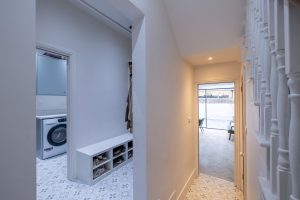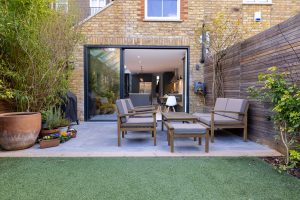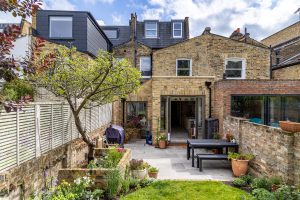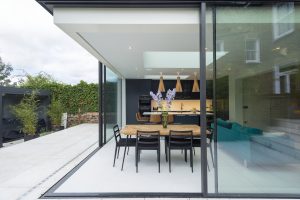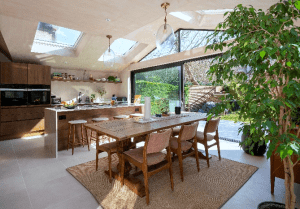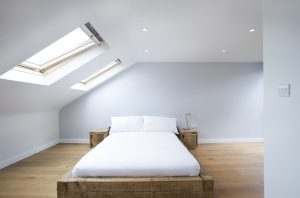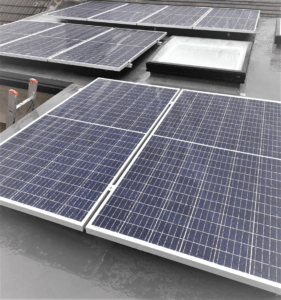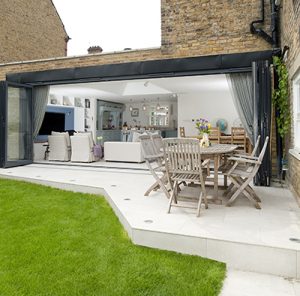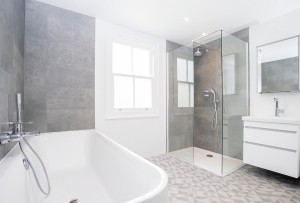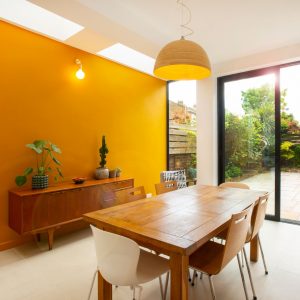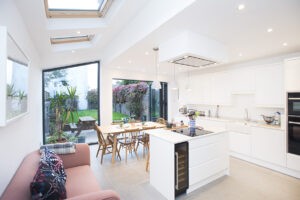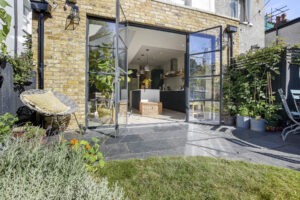Are you planning an extension or conversion for your home in 2025? You are not alone! Many homeowners are finding it is the cheaper and more practical option than moving.
The key to the success of your building project is getting an accurate and realistic quote from a reputable builder. Without an honest and realistic builder’s quote you are at risk of going over budget, incurring delays and facing unexpected hidden costs mid-project.
Here are our 10 practical tips to help you to get the best build quote for your extension or conversion.
1. Begin with detailed architectural plans
You can only obtain an accurate quote if builders know exactly what you want them to build. Invest in detailed drawings from a qualified architect or designer. These should include floor plans, elevations and all the key specifications. Define your project in great detail. The more details you provide, the better. Without them, the builder will make assumptions and these can prove costly.
2. Define exactly the work required

It is important to be very specific about exactly what work you want included in the quote. Will the builder be digging the foundations, be responsible for internal plastering, plumbing or electrics or will he be responsible for just building the shell?
If you are planning a conversion, the builder will need to know will he be required to install insulation, structural steel or construct a staircase?
To ensure clarity, every aspect must be itemised in detail. It is a good idea at this stage to arrange an on-site visit so that the builder can fully understand the complexity of the project and also assess drainage requirements, ecological aspects and ease of access to the site for builders and equipment. The more information the builder has the better as this ensures a realistic quote.
3. Get three comparable quotes
Prices for building jobs can vary widely. It is a good idea to get three quotes from different reputable builders. The building companies should be carefully chosen, based on personal recommendations and consistently good customer reviews. Provide each of the three building companies with exactly the same information and request a fixed quote. Double check what is included in the price.
Double check too that the quote you are given complies with all Building Regulations for structure, insulation, fire safety and drainage and that the quote reflects the costs of meeting these standards.
Do not be tempted to go for the lowest quote as this usually indicates that corners will be cut or inferior quality materials will be used.
4. State your budget honestly
Contrary to popular belief, revealing your budget will not lead to inflated quotes. In fact, knowing your budget will help the builder to make a proposal that fits within your price range. A good builder will tell you exactly what is possible with your budget and what compromises may be needed.
5. Get a full breakdown of costs
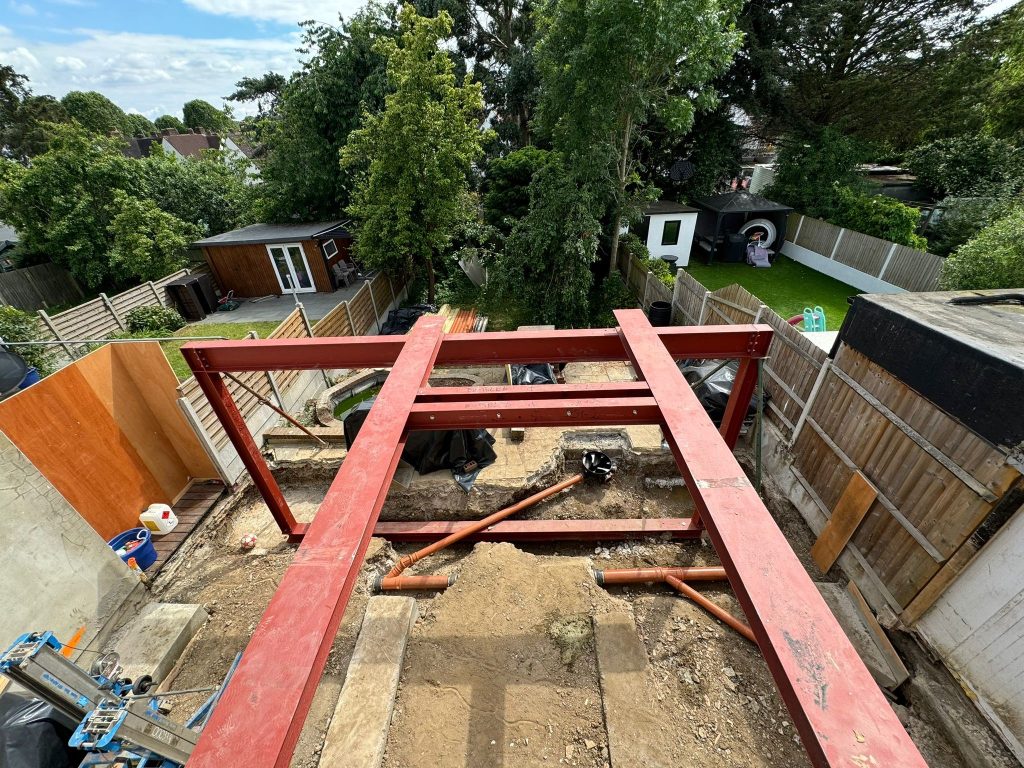
To ensure that you get a realistic quote and the best one for your project, request a full breakdown of costs and a suggested time frame. Make sure that VAT is included in the quote and confirm the builder is VAT registered. Most building work is subject to 20% VAT, but some conversions on listed buildings may qualify for a reduced rate.
The quote should give the cost of each of these elements separately:
- Labour
- Materials
- The cost of any subcontracted work, such as plumbers and electricians.
- Specialist materials, eg, Insulation, steels, glazing
6. Know exactly what is not included in the price
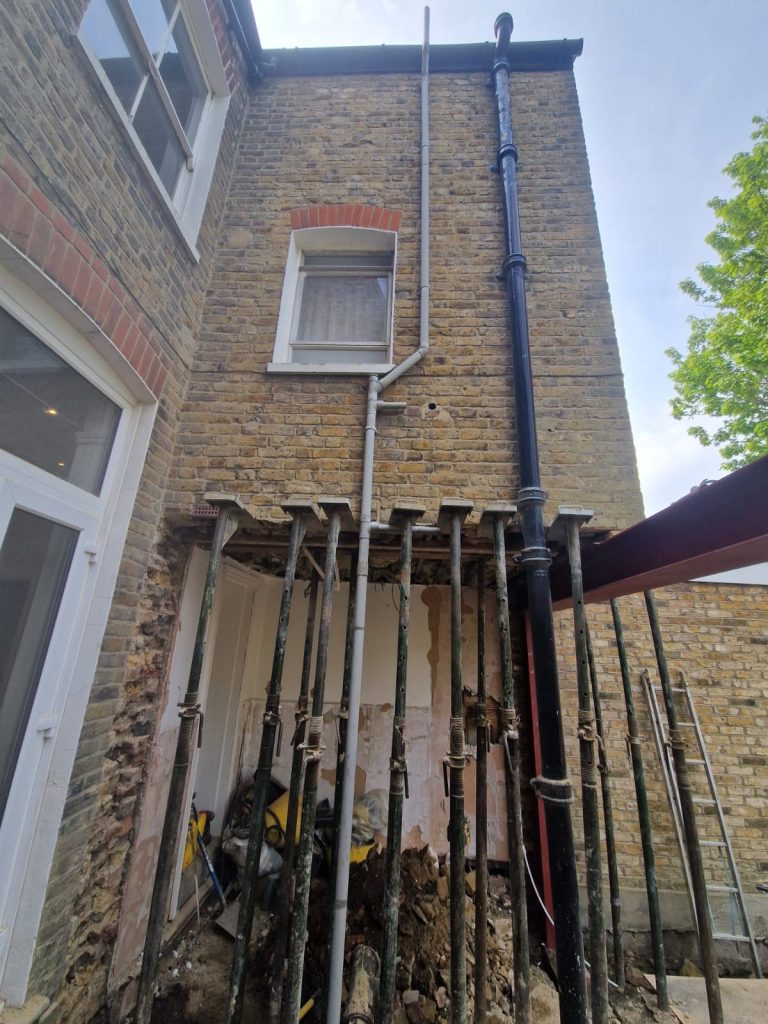
You will need to spend time carefully comparing your three quotes. In order to do this properly, it is important to know if there are any elements that are excluded. Always ask plenty of questions about each quote so you fully understand what it does not cover.
It is important to get a list of these exclusions in writing so that you can budget for them separately and avoid any last-minute surprises.
The following elements are commonly left out of quotes:
- Fees for the Planning Application
- Architect’s costs
- Kitchen or bathroom fittings
- Landscaping or driveways
- Temporary site access and waste removal
7. Set a realistic timeline
Time means money. A builder who needs to work quicker or who has to bring in extra labour will quote higher. It is important to be honest about when you hope the building
work to start and finish when agreeing on a builder. Be prepared for some flexibility, though – even with a highly regarded builder, as their work can be delayed by bad weather or late deliveries of building materials, etc.
8. Understand the terms ‘Provisional Sums’ and PC items
Some builders include ‘provisional sums’ and Prime Cost (PC) items in their contracts. Once you have made your final selection, the builder can adjust the cost accordingly and you will pay more or less than first quoted.
- Provisional Sums are estimated costs for elements of the building project not yet specified such as special fittings and landscaping.
- Prime Cost (PC) Items mean that the quoted cost acts a placeholder for materials to be selected later and these include such items as bathroom tiles and kitchen fittings.
9. Research your builder
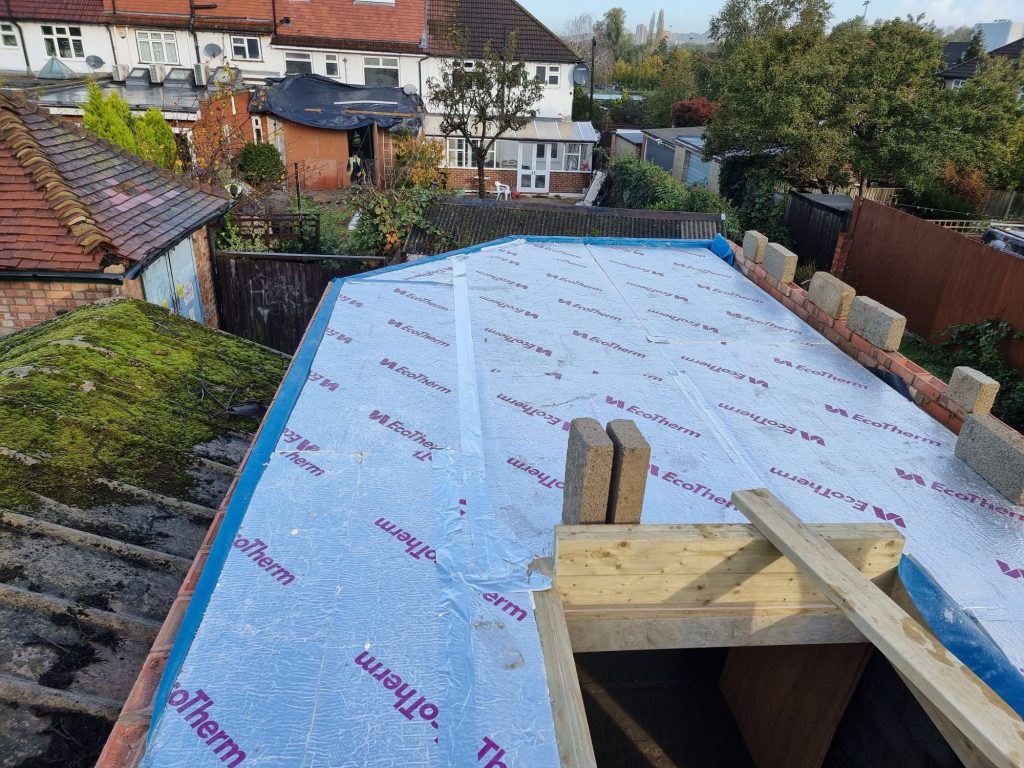
If you have chosen one builder based on their quote, it will mean nothing if the company turns out to be unreliable. If you can, get references from previous clients and check that your chosen builder has had plenty of experience with extensions and/or conversions of the type that you are planning.
Check whether they are a member of one of the trade associations – Federation of Master
Builders (FMB), National Federation of Builders (NFB), Chartered Institute of Building (CIOB) or TrustMark.
Check that your chosen builder is well insured and this includes public liability insurance.
10. Always get a fixed-price quote – not an estimate
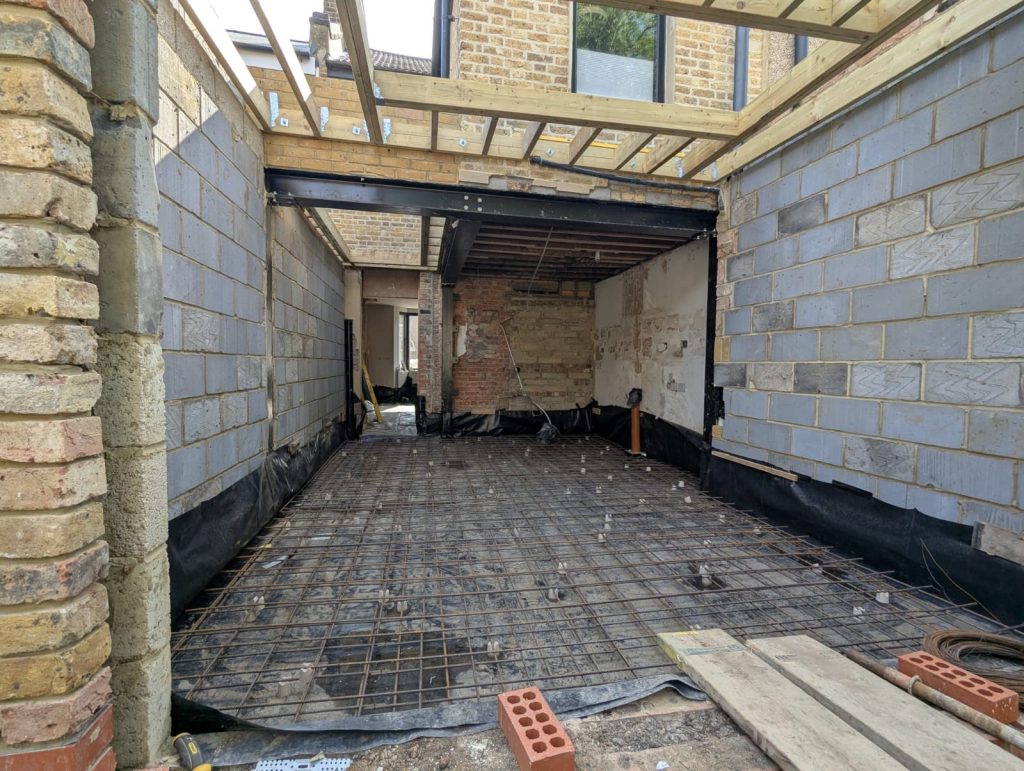
When you are given your quote by each of your selected builders, ask whether it is an estimate or fixed price quote. A fixed-price quote should become the formal contract and means that the builder has assessed in detail the work that you would like them to undertake and will stick to this agreed figure – unless you request any changes. An estimate is far less reliable as it can change during building work.
It is important to get everything from the builder in writing and this should include payment stages and terms and proposed start and finish dates.
Summary
A good quote is clear, comprehensive and comparable. It reflects the true cost of delivering your extension/ conversion and lays the foundation of trust between you and your builder. If you have followed our tips, you will be rewarded with a realistic builder’s quote in 2025 for a quality extension/ conversion that will prove an excellent investment – both increasing the value of your property and the quality of family life.
Build Team are a London-based company that is an extension/ conversion specialist- trusted by more than 1,600 London homeowners to design and build their extensions. Why not get in touch today to book your FREE design consultation?



